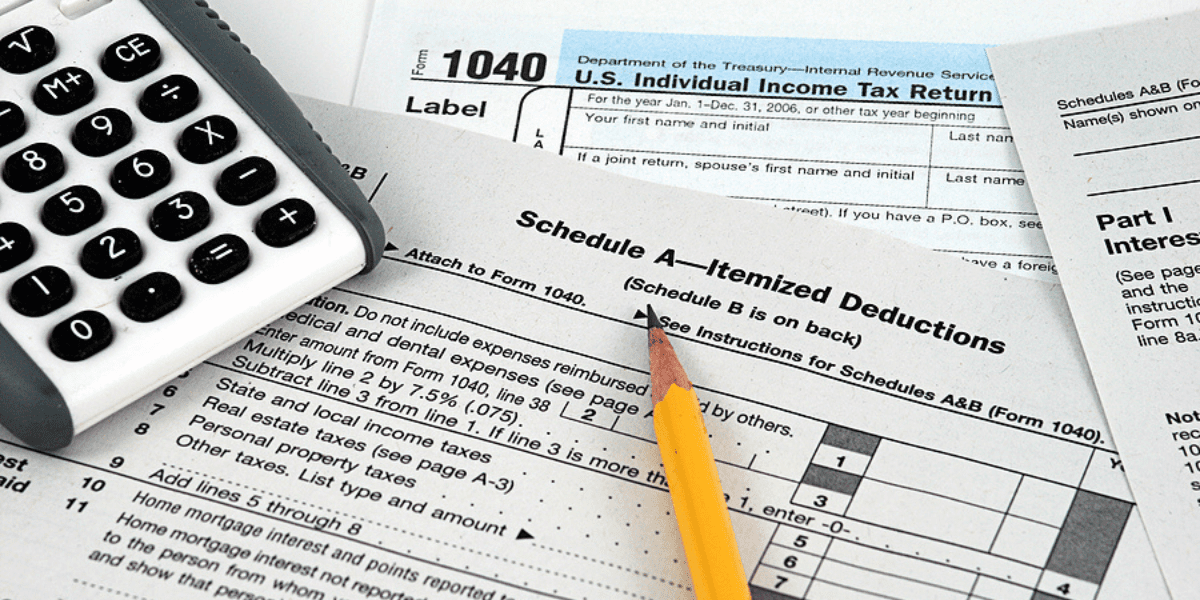Cryptocurrencies are on the rise, but many investors don’t understand the tax treatment and impacts of these digital currencies. If you’re already investing or looking into investment opportunities, now is the time to familiarize yourself with current tax reporting requirements and wash sale rules before they apply to cryptocurrencies.
What is a Wash Sale?
A wash sale occurs when you sell or trade securities at a loss and then buy them or substantially identical securities within 30 days before or after the sale. Some investors attempt to use wash sales to realize a loss and maximize their tax deductions.
What is the Wash Sale Rule?
The wash sale rule is a regulation set by the Internal Revenue Service that prevents a taxpayer from deducting losses relating to a wash sale. By having this regulation in place, taxpayers are not able to claim artificial losses by trading in and out of a stock to offset capital gains or income. If a taxpayer chooses to repurchase the same or similar security within 30 days, they can add the loss to the cost basis of the security they repurchased. When the new stock is later sold, any capital gains taxes would still be lower.
The wash sale rule currently only applies to assets classified as stocks or securities and other financial instruments that are traded on organized exchanges. Cryptocurrency is classified as property by the IRS and is currently not subject to the wash sale rule. An investor in a virtual currency can sell their position to lock in a capital loss and immediately repurchase the currency without losing exposure to the cryptocurrency.
Crypto Tax Planning for 2022
The popularity of cryptocurrencies or virtual currencies continue to draw the attention of federal lawmakers. Under the Build Back Better Act, which has been defeated in the U.S. Senate, digital assets such as cryptocurrency would have been treated the same as stock and securities in applying the wash sale rule for federal income tax purposes. This legislation would have applied to taxable years beginning after December 31, 2021. Other bills are expected in the future that would apply the wash sale rules to cryptocurrencies
Taxpayers are currently required to carefully track their transactions in cryptocurrency, as well as their basis. This becomes complicated if the taxpayer uses multiple cryptocurrency exchanges or wallets. When the wash sale rules become applicable to cryptocurrencies, this will add an additional layer to the complications that already exist.
Additional reporting requirements for cryptocurrency were already enacted by recent legislation. Brokers are now required to report cryptocurrency transactions on Form 1099-B, including a customer’s basis, beginning after 2023. Digital assets are treated as cash and require reporting from any person that receives cash transfers of more than $10,000 in a trade or business.
Anders is keeping an eye on evolving reporting requirements and tax treatment of cryptocurrencies. Contact an Anders advisor below to learn more.






